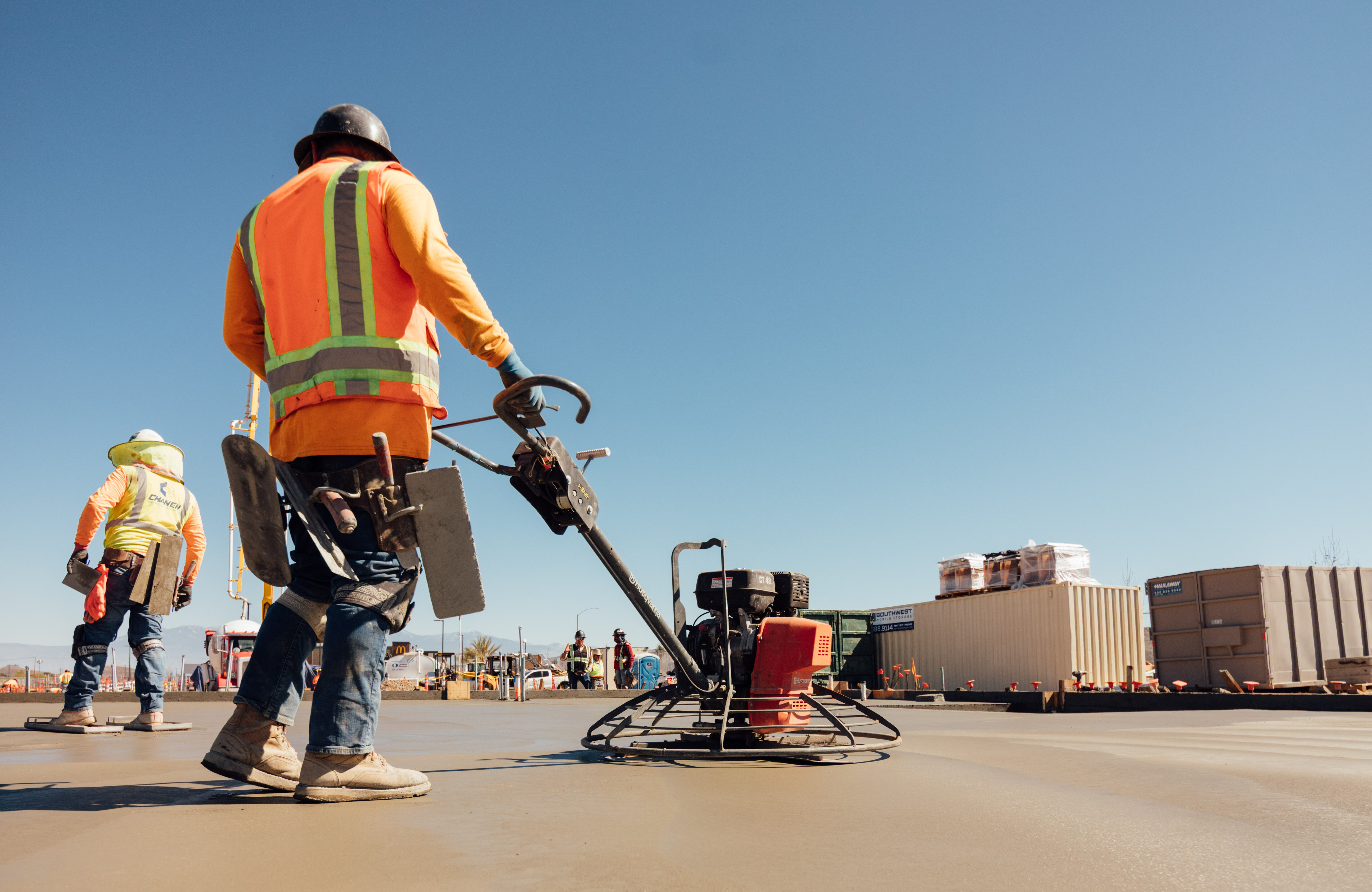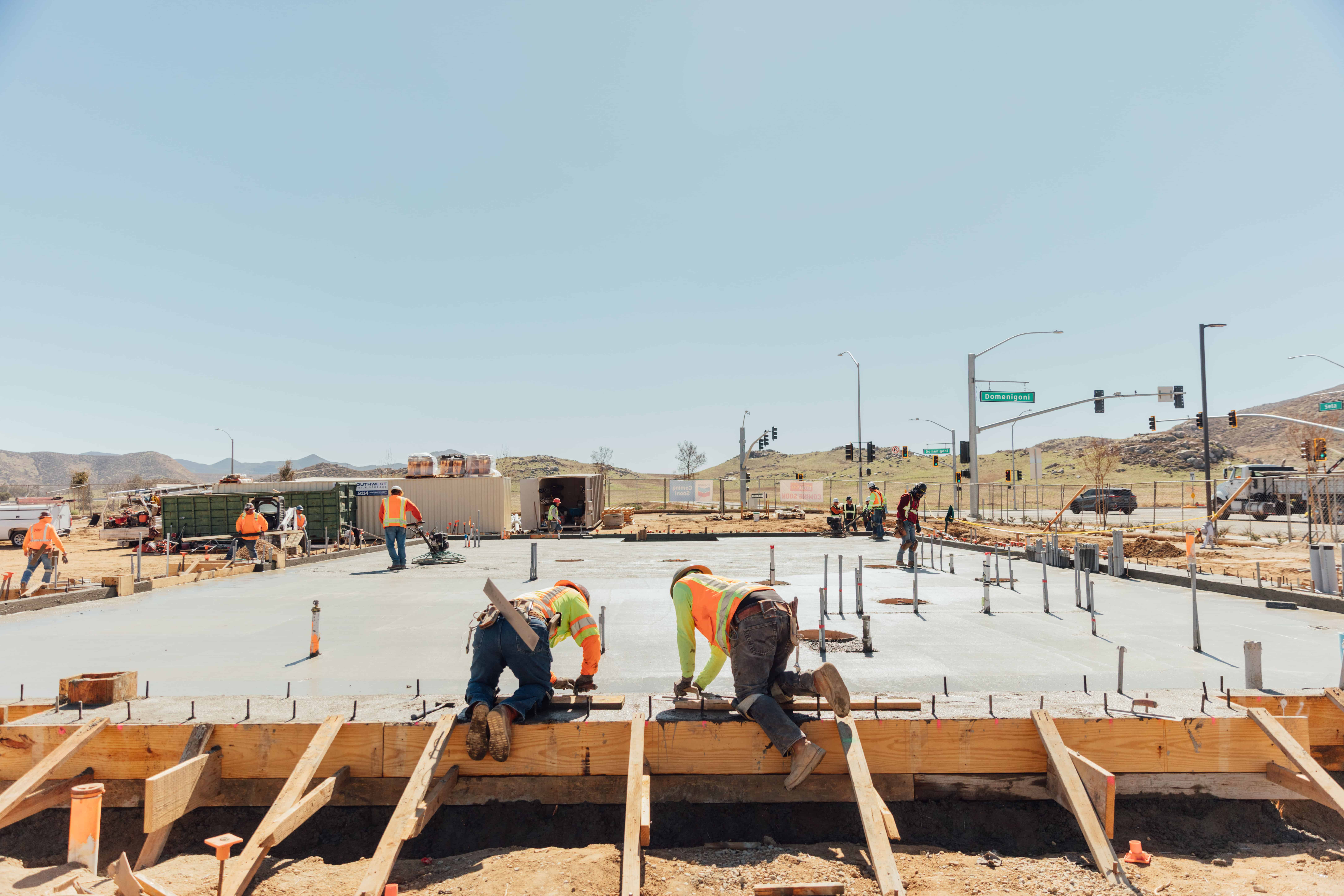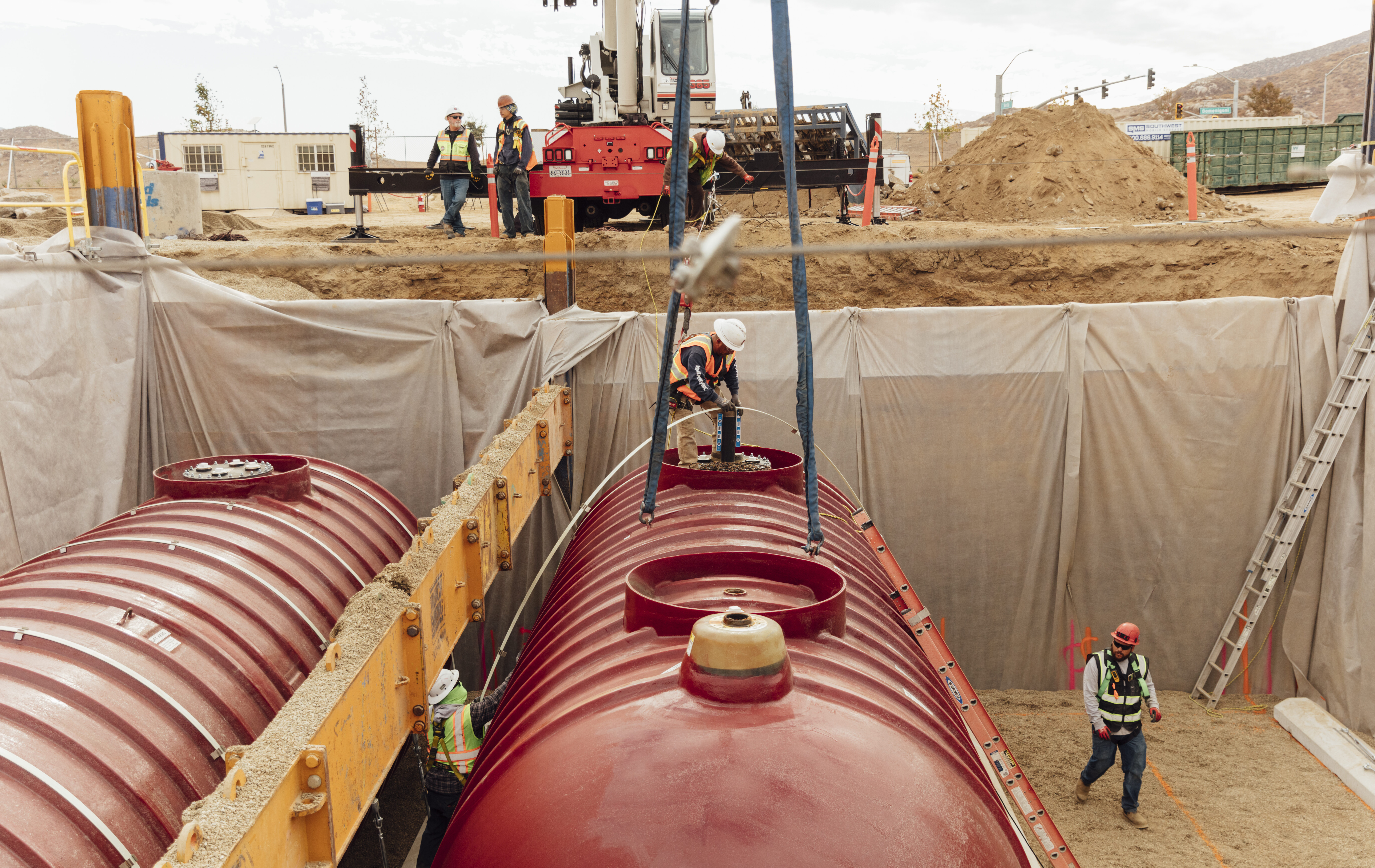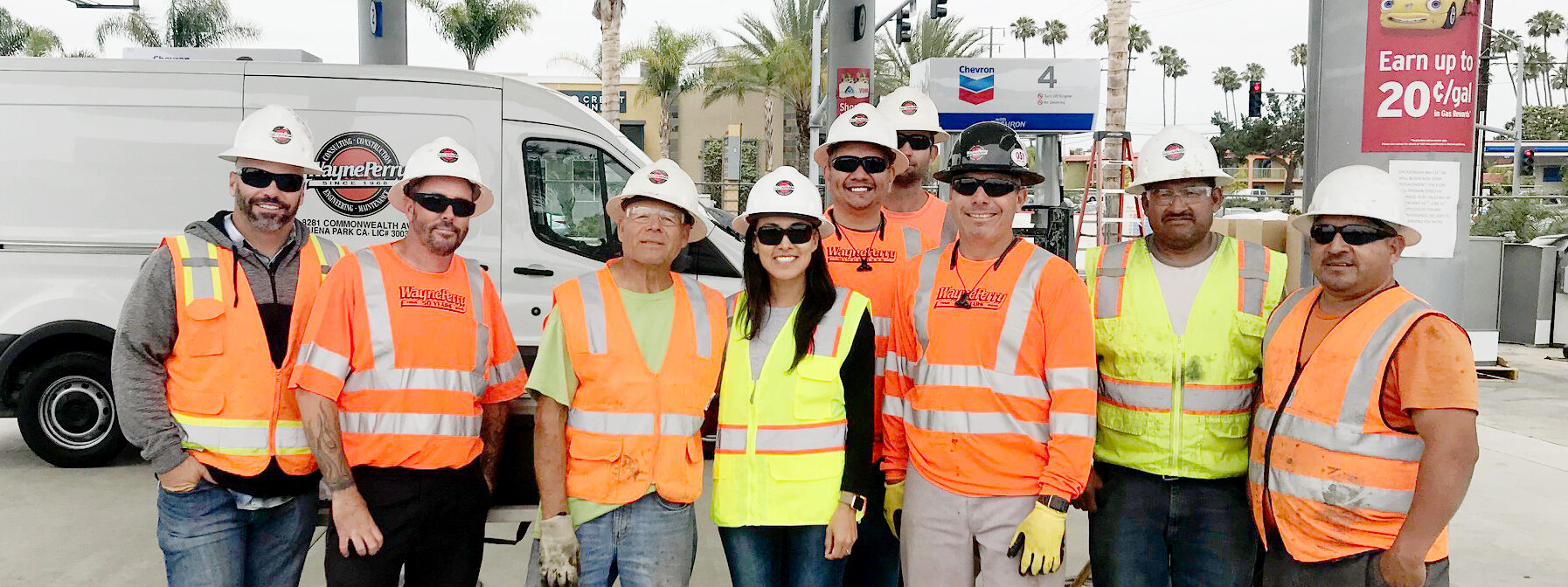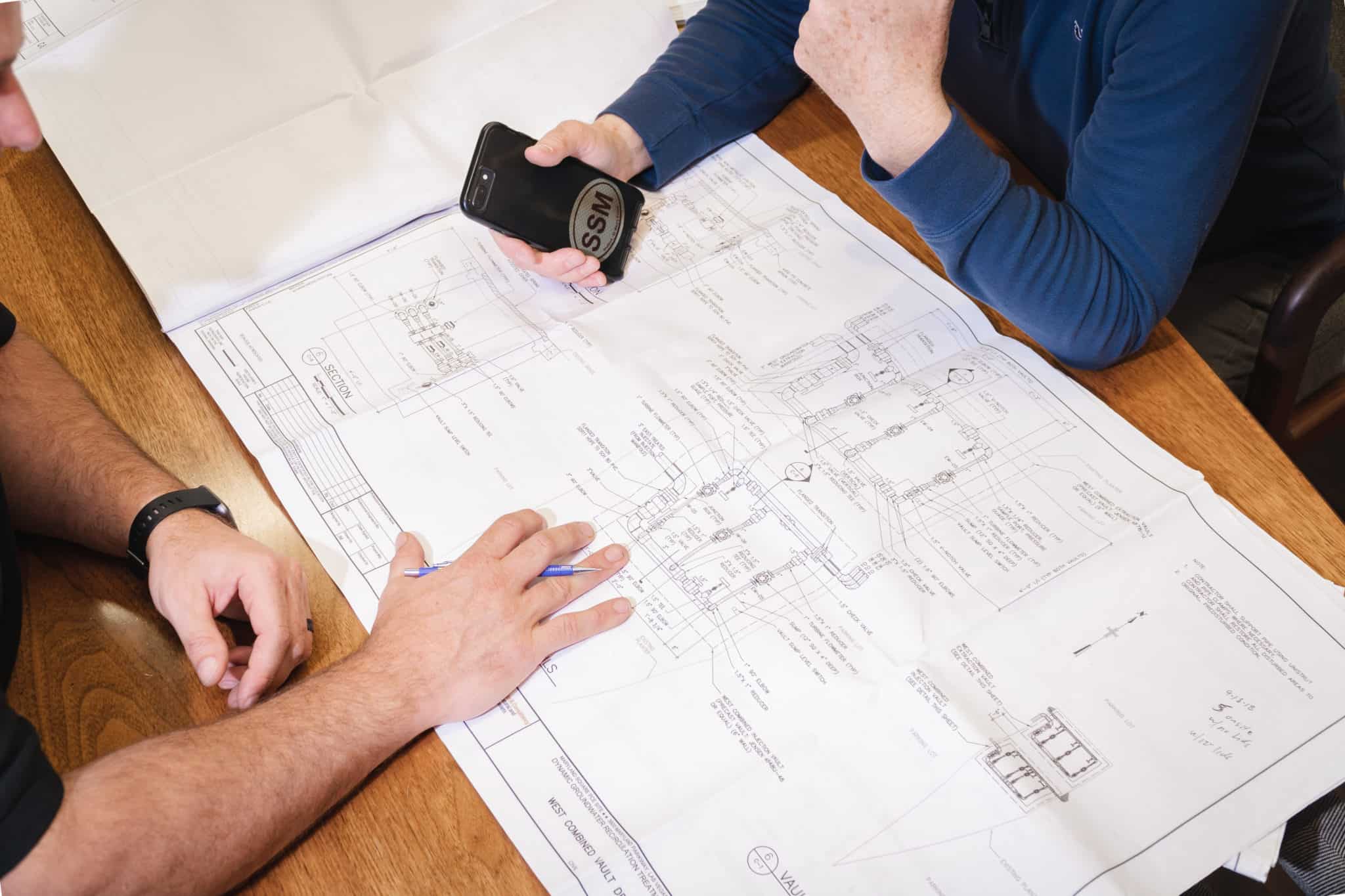Few challenges loom as large as the risk of fuel spills for fuel station owners. Even a minor spill can pose significant risks not only to the environment but also to the financial health and reputation of your business. Fuel spills are not just accidents; they are high-risk events that can severely affect your operations. The repercussions can ripple across various aspects of your business, making prevention and quick response mission-critical.
The High Stakes of Fuel Spills
Fuel spills represent a clear and present danger to gas station operations. Even a minor incident can lead to severe consequences:
- Environmental Impact: A single gallon of spilled gasoline can contaminate up to 750,000 gallons of groundwater, threatening local ecosystems and public health.
- Financial Repercussions: Cleanup costs for significant spills often exceed $100,000, not including potential fines, legal fees, and lost revenue.
- Regulatory Scrutiny: Spills can trigger intense oversight from agencies like the EPA and CUPA, leading to costly audits and potential penalties.
- Reputational Damage: In an age of environmental consciousness, a major spill can irreparably harm your station’s standing in the community.
Given these high stakes, proactive spill prevention and mitigation strategies are not only advisable—they’re essential for the longevity of your business.
Comprehensive Spill Prevention Strategies
A comprehensive spill prevention approach includes proper planning and layout of your site, installation of the appropriate containment systems, and proactive management of all your equipment and systems.
Strategic Site Design
Your station’s layout can play a significant role in spill prevention and containment:
- Grade surfaces to direct potential spills away from sensitive areas.
- Install oil-water separators in your drainage system.
- Regularly clean and maintain catch basins and storm drains.
- Consider implementing bioretention areas or rain gardens for natural filtration of runoff.
A well-designed site not only prevents spills but also simplifies cleanup if an incident occurs.
Robust Containment Systems
Implementing effective containment systems is your first line of defense against spills, so enact these best practices:
- Install secondary containment structures around all storage tanks.
- Use spill buckets at fill ports to catch any overflow during fuel deliveries.
- Implement containment sumps for dispensers and submersible turbine pumps.
- Apply impermeable barriers in high-risk areas to prevent seepage into soil or groundwater.
Regular inspection and maintenance of these systems are crucial to ensure their effectiveness when needed most.
Proactive Equipment Maintenance
Your equipment is the heart of your operation—and a potential source of spills. Incorporate these practices to properly maintain your equipment:
- Conduct thorough, scheduled inspections of tanks, pipes, and dispensers.
- Replace aging or damaged components before they fail.
- Upgrade to modern, leak-resistant technologies when possible.
- Implement automated leak detection systems for early warning of potential issues.
Remember, the cost of prevention is always lower than the cost of cleanup!
Navigating Regulatory Compliance
Staying compliant with CUPA and EPA regulations is critical to avoid fines and maintain operational integrity.
Employee Training and Safety Protocols
Your staff is your most valuable asset in preventing and responding to spills. Develop comprehensive training programs covering spill prevention, response procedures, and the proper use of personal protective equipment (PPE). Regularly update your spill response plans and conduct scenario-based drills to keep your skills sharp. Foster a culture of safety where employees feel empowered to report potential issues before they escalate.
Meticulous Recordkeeping
Detailed documentation is your shield against regulatory scrutiny. Maintain thorough records of all equipment inspections, maintenance activities, and employee training sessions. Document every spill incident, no matter how minor, to track patterns and improve prevention strategies. Submit all required reports to regulatory agencies promptly and accurately. Implement a robust inventory management system to quickly detect discrepancies that could indicate leaks.
Environmental Monitoring
Proactive monitoring helps you stay ahead of potential issues. Establish a comprehensive groundwater monitoring program to detect any contamination early. Conduct regular soil testing around storage areas and high-risk zones. Monitor air quality, particularly in enclosed spaces, to ensure employee and customer safety. Implement vapor recovery systems to minimize emissions and comply with air quality regulations.
Demonstrate Your Commitment to Excellence
Excellence is about providing quality products and service and being a responsible steward of the environment and a trusted member of your community. By implementing robust spill prevention strategies, maintaining strict regulatory compliance, and fostering a culture of safety and environmental responsibility, you’re not only protecting your business—you’re setting the standard for the industry.
Your commitment to fuel spill mitigation is good business, and it’s also a testament to your dedication to your employees, your customers, and the environment we all share. Count on us to help you demonstrate your commitment to excellence.
